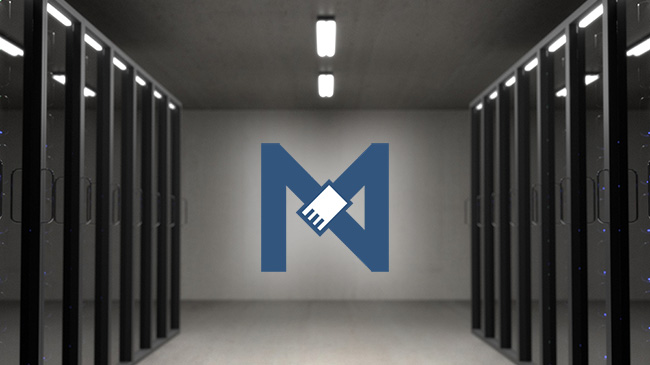NetworkManager 1.40 released, features 600 patches
NetworkManager attempts to keep an active network connection available at all times. The point of NetworkManager is to make networking configuration and setup as painless and automatic as possible, while still allowing a high level of customization and manual control.

NetworkManager supports most network security methods and protocols, WPA/WPA2/WPA3 (Personal and Enterprise), wired 802.1x, MACsec and VPNs. It stores network secrets (encryption keys, login information) using secure storage, either in the user’s keyring (for user-specific connections) or protected by normal system administrator permissions (like root) for system-wide connections.
NetworkManager 1.40 comes 3 months after the 1.38.0 release, and contains about 600 patches from 29 contributors. The new version is available for download here, and some of the notable changes are outlined below.
nmcli offline commands
nmcli now supports an --offline flag, which can process connection profiles in keyfile format without requiring the NetworkManager daemon.
Using NetworkManager is all about connection profiles, which represent a networking configuration of one interface. Alongside other UIs, the nmcli connection subcommand allows to show, create, delete and modify profiles. Until now, those operations were always talking to the NetworkManager daemon via the D-Bus API.
MPTCP support
NetworkManager can now do endpoint management for MPTCP. Endpoints are IP addresses that can be announced or used for additional subflows. Those can be configured manually with iproute2’s ip mptcp endpoint command or automatically by the mptcpd daemon. NetworkManager now also automatically configures endpoints, similar to mptcpd’s address notification feature.
IPv4 link local addresses together with manual/DHCP configuration
There is a new profile setting ipv4.link-local to enable IPv4 link local addresses. Previously, IPv4LL could only be configured via ipv4.method=link-local. Now, link local can be configured in addition to manual addresses or auto/DHCP.